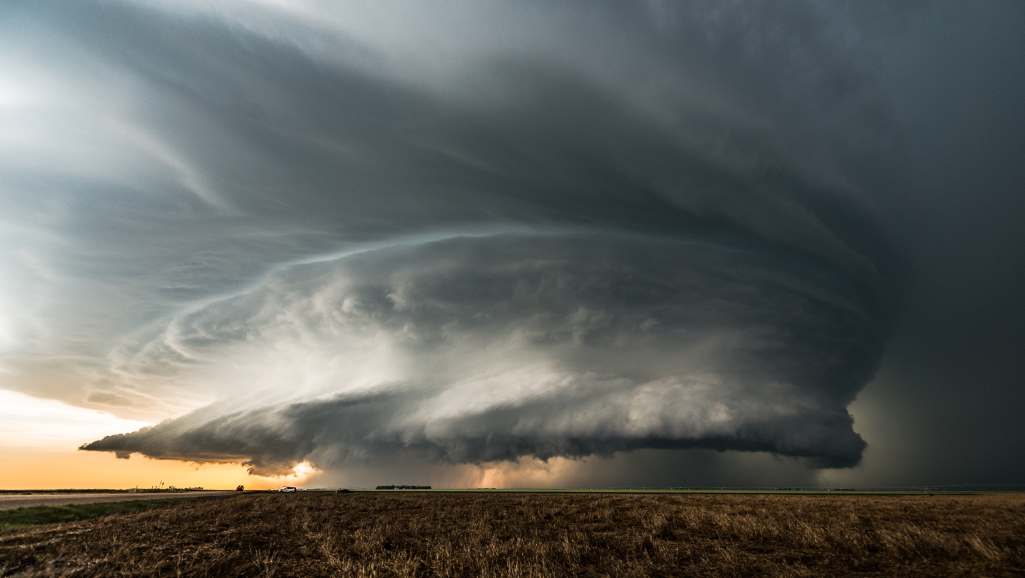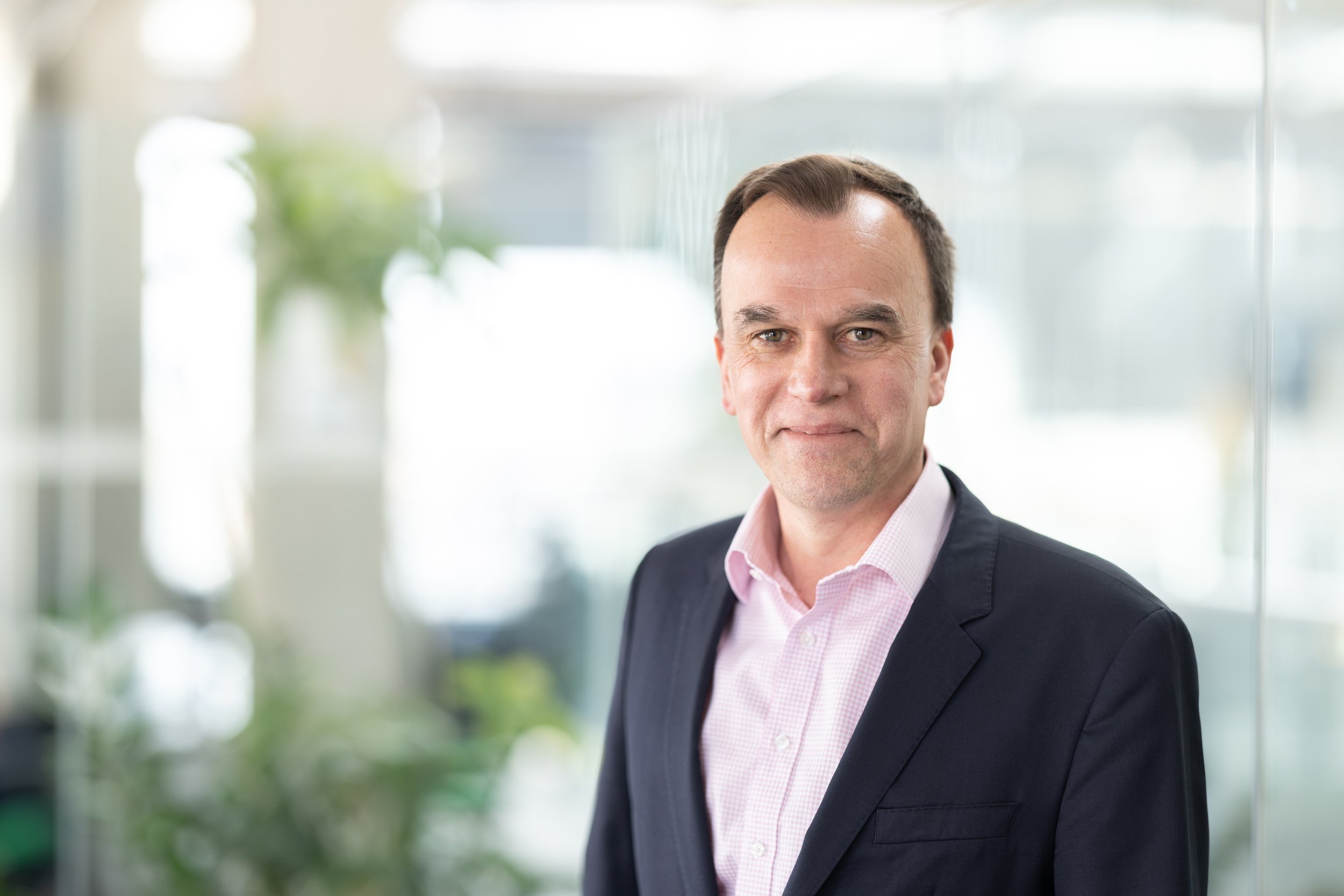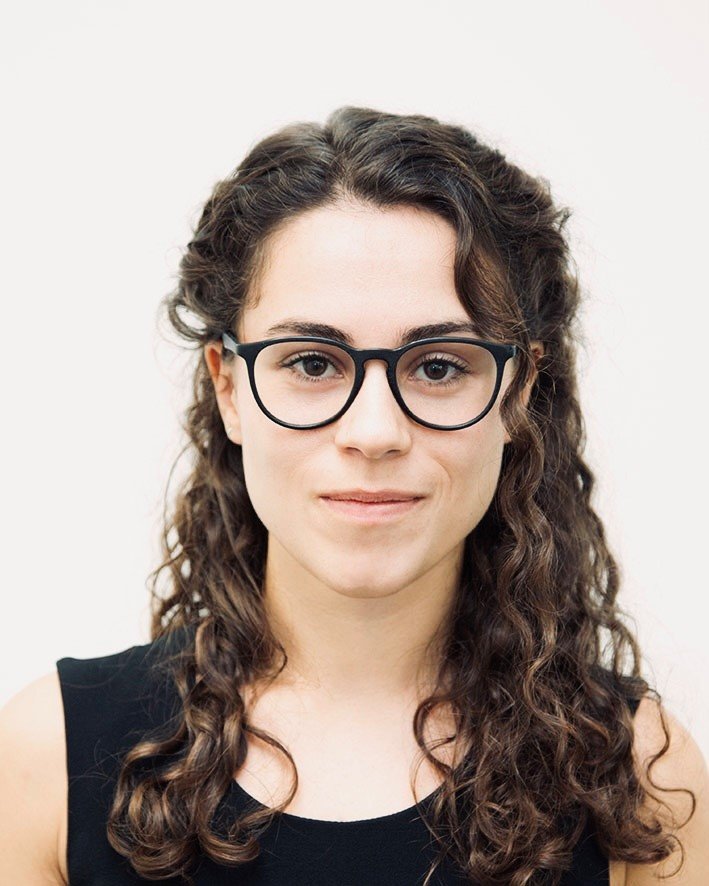

Frontiers Forum Deep Dive series
What’s next after net zero?
18 January 2024
Renowned researchers discussed the amount of temperature change we can expect after CO₂ emissions from human activities reach net zero, and how this can be built into climate models.

Speakers
-

Prof Martin Siegert
University of Exeter
-
Prof Joeri Rogelj
Imperial College, London
-

Sofia Palazzo Corner
Imperial College, London
-

Ben Sanderson
Center for International Climate Research, Norway
-

Dr Charlie Koven
Lawrence Berkeley National Laboratory, USA
-

Tessa Khan
Co-founder and Executive Director, Uplift, UK


Will global warming stop when we reach net zero carbon dioxide emissions?
The presentations and discussion in this Frontiers Forum Deep Dive session, built on the Frontiers in Science article ‘The Zero Emissions Commitment (ZEC) and climate stabilization’.
In their article, the authors present the first comprehensive analysis of Earth processes controlling global temperatures and our knowledge gaps for each – plus a pioneering framework for building climate models that are better equipped to predict ZEC.
Session program
What’s next after net zero?
Introduction
Prof Martin Siegert
The Zero Emissions Commitment
Sofia Palazzo Corner
Implications for climate models and adaptation plans
Panel discussion with all speakers
Audience Q&A
Closing remarks
Joeri Rogelj
Speaker and contributor bios
-
Martin Siegert
Professor of Geosciences
University of Exeter, UKRenowned glaciologist Martin Siegert leads the UK’s participation in ground-based and airborne geophysical programs, which have so far explored and charted the subglacial environment across 40% of Antarctica. He has published more than 250 scientific papers and recently edited the second edition of Antarctic Climate Evolution, which details the history of the continent over the last 60 million years.
Previously Co-director of the Grantham Institute at Imperial College London, Martin is now Deputy Vice Chancellor of the University of Exeter (Cornwall), where he is responsible for supporting the 2030 target for net zero greenhouse gas emissions in both the University and the county.
-
Joeri Rogelj
Professor of Climate Science & Policy
Imperial College London, UKProf Joeri Rogelj’s pioneering interdisciplinary research connects Earth systems sciences to the study of societal change and policy – examining how societies can transform toward more sustainable futures. He is Director of Research at the Grantham Institute, which leads on research, training, and innovation toward effective action on climate change and the environment.
Joeri’s work on climate change scenarios has informed international climate policy over the past decade, and he is a long-serving lead author on the annual Emissions Gap Reports by the UN Environment Program and reports by the International Panel on Climate Change (IPCC). Since 2022 he has served on the European Scientific Advisory Board on Climate Change, which informs and advises the European Union on climate action.
-
Sofia Palazzo Corner
Research Postgraduate
Imperial College London, UKSofia Palazzo Corner is a Climate Science & Climate Policy PhD student at the Centre for Environmental Policy at Imperial College London. Her research focuses on Earth system extremes, with the aim of more fully representing the spectrum of plausible temperature change that could occur by 2100.
Sofia has a professional background in management consulting at Boston Consulting Group, energy and environment research at Chatham House, and quantitative risk analysis at Funding Circle.
-
Charlie Koven
Staff Scientist, Climate Change and Ecosystem Sciences Division
Lawrence Berkeley National Laboratory, USAEarth systems scientist Dr Charles Koven’s research focuses on the relationship between climate change and the Earth’s carbon cycle. His primary area of interest is high-latitude feedbacks – in particular the role of soil carbon in permafrost soils, and its response to changing climate.
Charlie’s most recent work examines carbon-climate projections across a wide range of future trajectories to inform climate mitigation strategies. He was a lead author on the Sixth Assessment Report of the Intergovernmental Panel on Climate Change (IPCC).
-
Ben Sanderson
Research Director
Center for International Climate Research (CICERO), Norway
Climate scientist Ben Sanderson is Research Director of the Climate Mitigation Group at the Center for International Climate Research in Oslo, Norway. His work looks at how to better characterize the uncertainties of mitigation technology and negative emissions, alongside the development of formal statistical tools to highlight the conditional risks of mitigation decisions.Ben previously worked as a research scientist leading a French government project on climate risk assessment, focusing on uncertainties in climate model projections and how they translate into mitigation challenges and regional risks. He also served as a lead author on the 2017 US Climate Science Special Report.
-
Tessa Khan
Co-founder and Executive Director, Uplift UK
Tessa Khan is an international climate change and human rights lawyer, who has spent decades supporting grassroots, regional, and international movements for justice, serving as an expert advisor to UN human rights bodies and national governments.
Tessa co-founded and is Research Director of Uplift UK, which strategically resources, connects, and elevates ideas for a just transition away from fossil fuel production. She also co-founded and co-directed the Climate Litigation Network, successfully pioneering groundbreaking strategic climate litigation worldwide. In 2019 Tessa was named by TIME magazine as one of 15 women leading the fight against climate change.

